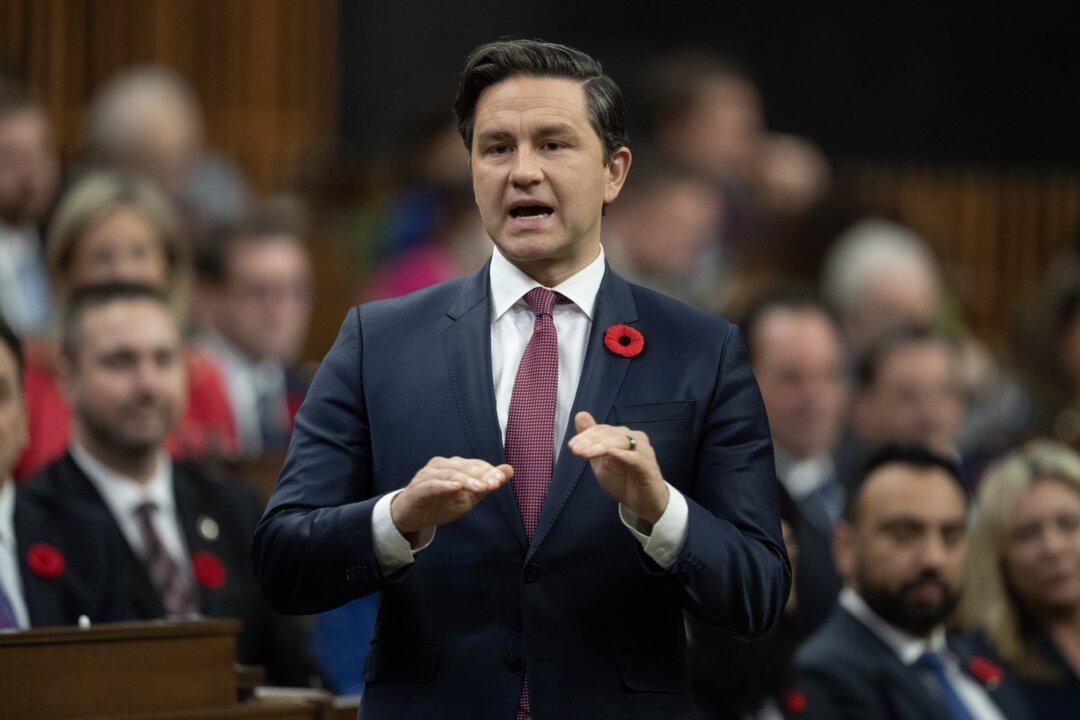A Conservative motion to pause the federal carbon tax on all forms of home heating for three years was defeated in the House of Commons on Nov. 6. The motion—which had NDP support, unlike the Tories’ previous attempts to quash the tax—was defeated by the governing Liberals, along with the Bloc Québécois and Green Party.
The NDP has typically voted in favour of Liberal motions since it entered into a supply-and-confidence agreement with the government in 2022, supporting key Liberal policies in exchange for the Liberals taking action on some New Democrat priorities.





